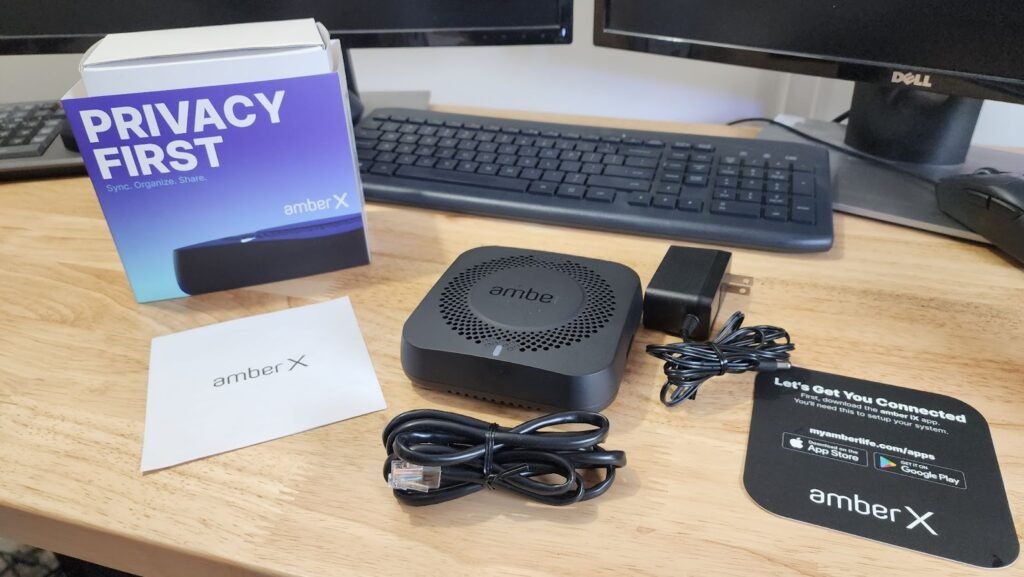Every day millions of people open their computers, tablets, phones, and other devices–click on their browsers, and begin searching. How many of those people have updated their browser systems for security purposes? This number would probably scare you, but if it doesn’t– it probably should. We’re passionate about tech security, so updating your browser is one of our top passions!
Browser Security Risks
What is a browser? Simply put: a browser is an interface for the World Wide Web. From a hacker’s perspective: it’s an interface that allows them to steal your information right under your nose. Much like we lock our cars to avoid theft, and have deadbolts and security systems to protect our homes, we also need the best security for all things digital. Sometimes we need to think like a criminal, to think of the best security solutions. As we said before, new technology can mean new risks, but we’re here to provide all the information to our readers to avoid browser security risks.
One browser security risk is not having the proper antivirus software installed on your computer. Antivirus software protects you, your computer, and your information. You can install many products, but you’ll need to keep them updated, as well. We recommend Norton, Total AV, McAfee, and Trend Micro.
LEARN: Antivirus Suggestions
Browser security risks can include pop-up ads, site redirects, extensions, and plug-ins, filled forms, and stored passwords. Pop-ups and site redirects can include malicious bots, malware, and other security threats. Extensions and plug-ins can be useful like Grammarly, Honey, Invisible Hand, StayFocusd, and more. We discuss how browser extensions affect speed and performance; however, there are extensions and plug-ins hackers design to deliberately attack your browser and steal valuable information. Users should be aware that just because an extension is available, doesn’t mean it’s been vetted for security. It’s common to keep passwords saved on your computer and the “fill form” feature. However, any saved information is more easily found through scamming attempts. It’s vital to make sure you’re constantly using up-to-date software, and browsers, and researching the plug-ins you use and the sites you visit.
DISCOVER: Chrome Vulnerabilities
Updating Your Browser
Whoa. Wait. Do you have to update your browser? Yes, yes you do. Whatever browser you might be using (We recommend Chrome), Safari, Microsoft Internet Explorer, Mozilla Firefox, DuckduckGo, Brave, and others. Recently, Google Chrome became aware of a high-severity vulnerability and released the Chrome 104 version. These updates are presently available to desktop users, and hopefully, the Android and iOS versions will come out shortly. If you’re using Microsoft Edge and Brave browsers those will update soon.
How to Update Your Browser
Updating your browser is relatively easy. Most browsers today are Chromium-based browsers which are based on Google Chrome. These include Microsoft Edge (this has officially replaced the old Internet Explorer), Brave, and Opera. These all have the same update setting, which you can find and click on the menu or the three dots (also called the hamburger menu) in the upper right side of the browser’s window. You can select the “about” browser section and check for updates. If your browser needs updates, most will start automatically, but depending on your settings, you may need to request a manual update. It is pretty common for this update action to require a complete browser and computer restart. Any browser tabs or windows will reopen upon restart, so you won’t have to worry about losing your work.
Curious if Google Chrome is up-to-date? Google recently added a feature that tells you that there is an update available with a notification in the upper right-hand corner.
Windows browser recently updated their systems with Windows 11. This helped users with their speed and performance. For Windows browser updates, click the Windows button and go to the Settings options. The left panel should have an update or Check for Updates option. Windows will automatically install the updates, then request a restart for your computer.
Many computer updates can seem obnoxious and tedious, especially if you’re in the middle of work or Zoom meetings. We all have felt the urge to postpone updates on our computers and our phones. Most of the updates are for users to provide better systems, better security, and more efficient interfaces. So the next time you hear about an update, especially a security update: do it. Go update your browser–NOW!
RELATED: Google Safety








